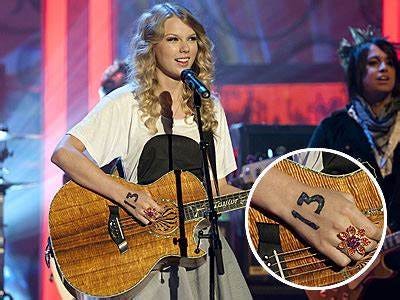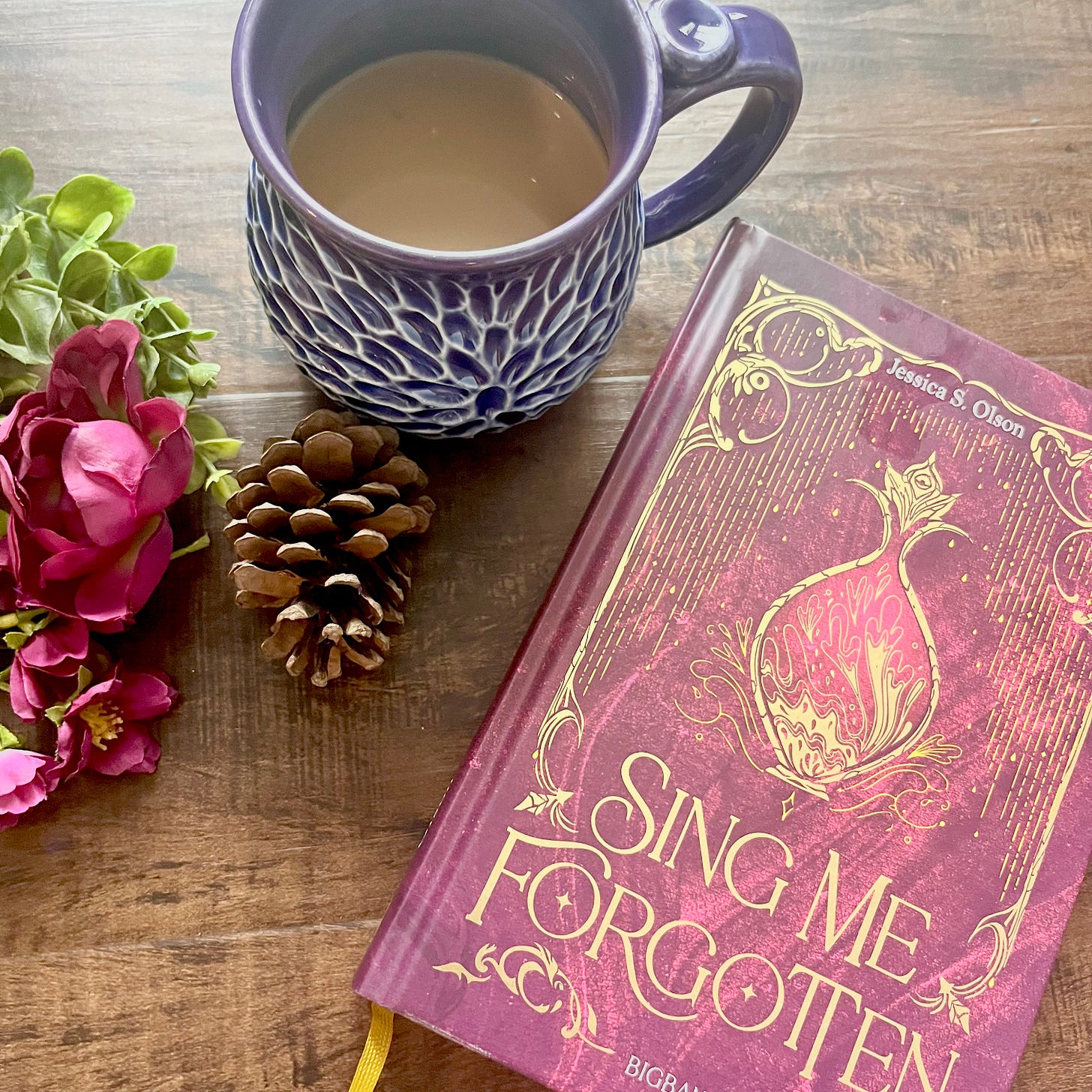I haven’t kept it a secret that I am a Taylor Swift fan. While I didn’t go to the Eras Tour concert when it came to my town and I don’t know the lore behind every song and who it’s about, I did shell out to see the Eras movie on opening weekend in the theater with friends, I have made a friendship bracelet or two in my time, and I did listen to the entirety of the Tortured Poets Department album at midnight the day it came out.
I enjoy the songs, I love the lyrics, and being a part of a fandom that is, by and large, all about loving what you love and being who you are is something I enjoy. But one thing that I’ve been thinking about over the past few months as Eras Tour content has been a constant on my social media feeds is the phenomenon referred to as parasocial relationships.
If you haven’t heard of it before, this psychological term was coined in the 1950s by Donald Horton and Richard Wohl to describe the way our brains form social attachments to celebrities or other people in media the same way it does to our friends and family, despite the fact that we have never met these celebrities in real life.
I think it’s safe to say that Swifties across the world have formed a one-sided bond with the pop star that for some can be very intense. And social media has only exacerbated this phenomenon as it has increased our access to content about her, videos of her in her non-performing life, and behind-the-scenes information we would not otherwise know. We know her favorite number is 13, we know she grew up on a Christmas tree farm, we know her cats’ names, and, thanks to the vividness of the detail in her songs, we know intimate details about her past relationships.
But does she know us at all? She doesn’t know my favorite number, doesn’t know anything about where I grew up or what my kids’s names are or who I’ve dated. She doesn’t know I exist. Period. I am a number in the follower count, dollars in her bank account, maybe one face out of a sea of thousands if I ever go to one of her concerts.
Of course, this is not a situation unique to Taylor. People have forged parasocial bonds with countless singers, actors, and—much more common nowadays—social media influencers. I myself have a handful of internet personalities that I feel like I’m best friends with (Elyse Myers, anyone?) who have no idea who I am because we’ve literally never had any real-life interactions.
Which leads me to, of course, books.
When I wrote Sing Me Forgotten—and the ending, in particular (iykyk)—I sobbed. Because Isda—her pain, her hardships, and her fury—were real to me. Writing new scenes with her in them had me saying things like, “oh, Isda would never do this,” or “she’d be so pissed about that.” If I scribbled down a bit of dialogue that didn’t feel like her, my brain picked up on it instantly. It perceived her as a real person, not a figment of my imagination, and it related to her as though she existed in actuality, not just in a word document on my computer.
It’s been four years since I finished that book—three since it published—and sometimes I miss her. Like she’s this friend I once spent every waking minute with and haven’t seen in years.
It’s only recently, as I’ve watched the rise of Taylor Swift and the absolute intensity of the feelings that people have for her who have literally never met her in real life—people who say things like, “oh, Taylor would never do that” or “Taylor would love this” like she’s their bestie they spend friday nights painting nails with—that I realized that while I may not talk about Taylor that intensely, I do talk about fictional characters with that exact fervor.
Like remember the ending of Catching Fire in the Hunger Games series? I literally threw that book across the room and wailed. That ending hit me exactly as hard as it would have if my real-life friends were hurt like that. My emotional distress over what was happening to Katniss Everdeen and Peeta Mellark (literally FICTITIOUS conjurings of someone’s imagination) was 100% real.
And don’t even get me started on book hangovers. There have been multiple times where I’ve finished a series I absolutely adored, one where I bonded hard to a character (or multiple), and then when the series ended, I was devastated (even when they got their happy endings). I missed the characters terribly, like they were my BFFs who moved to another country or died or something. Sometimes I’ve been affected by that melancholy for weeks and found myself unable to even pick up another book because all I could do was mourn the end of that series I loved.
So much drama, brain. And over some words typed out on paper? What is this nonsense?
Parasocial relationships, it turns out. One-sided bonding to celebrities, media personalities, and, apparently, fictional characters.
It makes sense on an evolutionary level. Humans are vulnerable creatures when it comes to the food chain—I literally would stand no chance against any kind of predator with teeth. To survive and thrive as we have over the centuries, we’ve formed social groups. We protect each other, help each other, work together to create functioning societies. Our brains are literally wired to seek out connections with humans in order to survive—it’s one of our most powerful drives.
And I think it’s kind of amazing that that instinct is what makes reading so special. If our brains weren’t so ready to form attachments, we wouldn’t care about words on a page. It’s like we’ve hijacked this basic human impulse and turned it into entertainment. The magic systems in my books have nothing on that real-life magic.
Every now and then, I’ll get a message from a reader who just finished Sing Me Forgotten. Sometimes they yell at me, sometimes they cry, sometimes they’re cheering. These are some of my favorite messages to receive.
Because Isda is a friend I miss and mourn because she’s no longer a part of my day-to-day life, but these messages are proof that she didn’t die when I finished writing about her. No, she’s out there living and breathing and being her fierce, beautiful, naive, dangerous self in the minds of the people who read about her.
And that is pretty magical.
Writing Update
I just turned in pass pages for Den of Liars—the stage where I got to read through the book all formatted and pretty with the fonts and designs all in place. It’s the very last thing that I get to do in the book’s production, which was a pretty bittersweet thing for me. I’ve been working on this book for two years, and it feels weird to say “yep, it’s done. It’s ready.”
One thing I’ve learned over my publishing journey so far is that it never feels like it’s ready. It always feels like there are more things to fix, more edits to make. I think there’s a lot of fear at this stage, too. Pass pages is the last stage where the book is mine, where no one has given it a 1-star review yet or put it on blast on social media or pointed out any of my mistakes on an online forum yet.
But there’s also an excitement. Soon, people will get to meet Lola and the Liar and the Thief. Soon, readers will share their adventures, their pains, their joys. I can’t wait!
So, while we wait for that day, I’ll keep hard at work on the sequel. Because those three have lots of angst and drama to get through before they rest, and I’m not ready to miss them yet.
Thanks for reading! I’m so glad you’re here!










Really fascinating to connect paradoxical relationships with fictional characters 🤍 Very excited for Den of Liars
That's a nice take on parasocial relationship. I'm glad to read more content about Isda. She is a well-written character that people cared for her.